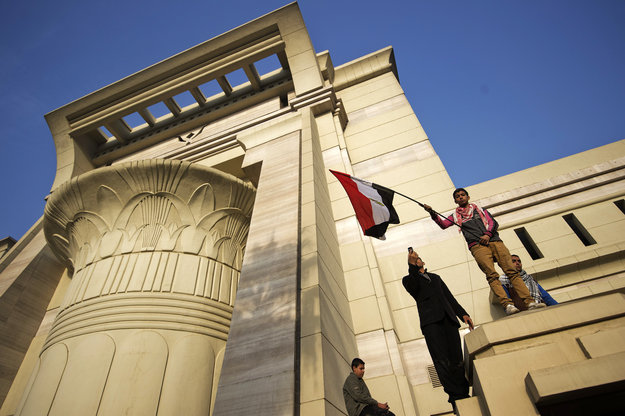RAFAH: On Sunday night Dr Attalah Tarazi sat on his balcony looking at a view he had grown accustomed to over the years. Yet, that night something was different. For 10 days his neighborhood in Gaza City had been out of water and electricity. The continued Israeli aerial bombings had wiped many buildings, including a local medical NGO, from the skyline.
The nearby government compound including a prison had been struck so many times – once with the inmates still inside it – that it was reduced to rubble; the Tarazi home shook with every strike. Dr Tarazi’s two daughters aged 15 and 12, growing more and more fearful with every blast.
Dr Tarazi was in Bethlehem with his relatives to celebrate Christmas on Saturday Dec. 27 when Israel’s military onslaught on Gaza began. His Israeli-issued permit was due to run out the following day and so he rushed back to Gaza. That Gaza had turned into a slaughterhouse mattered little to the authorities that issued the permit.
Dr Tarazi couldn’t have it any other way; when crises hit Gaza he has always needed to be in the surgical room of the Shifaa Hospital, the Gaza Strip’s largest hospital. Under heavy Israeli fire at the border, the Christian doctor and his family managed to make it back to their home. Despite over 20 years of working in Gaza’s hospitals nothing could prepare him for what he was to witness.
“What is taking place here is a massacre, more than a massacre, the doctor told Daily News Egypt, “The Israeli military is attacking us from air, land and sea, we have no where to go.
Almost all the patients he had seen that day had been civilians, mostly children and women. Some of the injuries he treated had a strange odor, a kind that he had never witnessed before.
“We don’t know what sort of weapons they are using, he said, “sometimes they explode in the sky and scatter little bombs all around, Dr Tarazi said, in reference to the use of cluster bombs that even the US criticized Israel’s use of during their attacks on Lebanon in the summer of 2006. This time authorities that could intervene have remained silent.
In the Shifaa Hospital facilities are so overcrowded that the injured are being treated and dying on the hospital’s floors.
“We are running out of all sorts of supplies, the doctor added.
On the Egyptian-Palestinian border, Dr Sonia Robbins, a British plastic surgeon based in Jericho, waited for days to enter to operate in Khan Younis and Gaza City as she often does. During the last many months Israel has not been willing to issue her a permit to enter the Strip. After three days of waiting at the border with over 50 other doctors prepared to assist inside Gaza along with three Qatari donated ambulances, she left to try and enter by boat from Cyprus.
Dr Robbins described the situation at the border as “an Israeli refusal obeyed by Egypt.
However, Egypt has since allowed more than 70 doctors to go through as long as they signed statements to the effect that they were entering the war zone at their own risk.
The number of deaths has reached 1,145 inside the Gaza Strip, injuries are around 5,000 – numbers which Dr Tarazi says are not reliable due to the continued widespread Israeli onslaught. Yet many other doctors waste their days in the Egyptian resort town of Al-Arish, while NGOs await permits on the Rafah border for medical aid to cross from the very entity that is bringing death to Gaza.
Approximately 300 Palestinian injured have crossed the Rafah border in the past two weeks, Dr Said Shteen at Al-Arish Hospital told Daily News Egypt. The numbers however are not accurate because while most of the injured pass by Al-Arish Hospital before getting transferred to other hospitals in Egypt, some don’t. Currently, Gaza hospitals are filled above capacity with around 5,000 injured reported so far.
For those who do make it, Egypt’s hospitals are providing Palestinians with all their medical needs, while a constant flow of Egyptian visitors provide them with everyday needs like blankets, clothes, food and cell phone cards, and try to raise their spirits.
“I feel that life has no value here, Dr Tarazi said, “things are going to get worse and we get the feeling no one is asking about us and that the world is not even noticing this is going on.
In Gaza City some fleeing families have taken shelter in a couple of rooms below the Gazan doctors’ apartment; others have moved into his roof. As Israeli troops inch further and further into the Gaza Strip, and bombings continue day and night.
“Nowhere is safe, he says.
